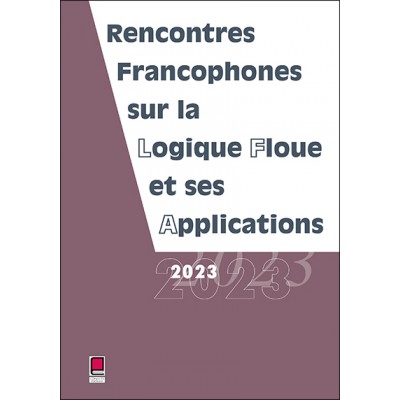Intégration des préjugés dans le cadre de la théorie des fonctions de croyance
This paper deals with belief change in the framework of Dempster-Shafer theory in the context where an agent has a prejudice, i.e., a priori knowledge about a situation. This situation is modeled as a sequence (p,m) where p reflects the prejudice of an agent and m is a mass function that represents the agent’s uncertain beliefs. In contrast with the Latent Belief Structure introduced by Smets where a mass is decomposed into a pair of separable mass functions called respectively the confidence and diffidence, m can be any mass function (i.e., not necessarily separable) and p is not a mass. The aim of our study is to propose a framework in which the evolution of prejudices and beliefs are described through the arrival of new beliefs. Several cases of prejudices are described : the strong persistent prejudice (which never evolves and forbids beliefs to change), the prejudice that is slightly decreasing each time a belief contradicts it, etc.

